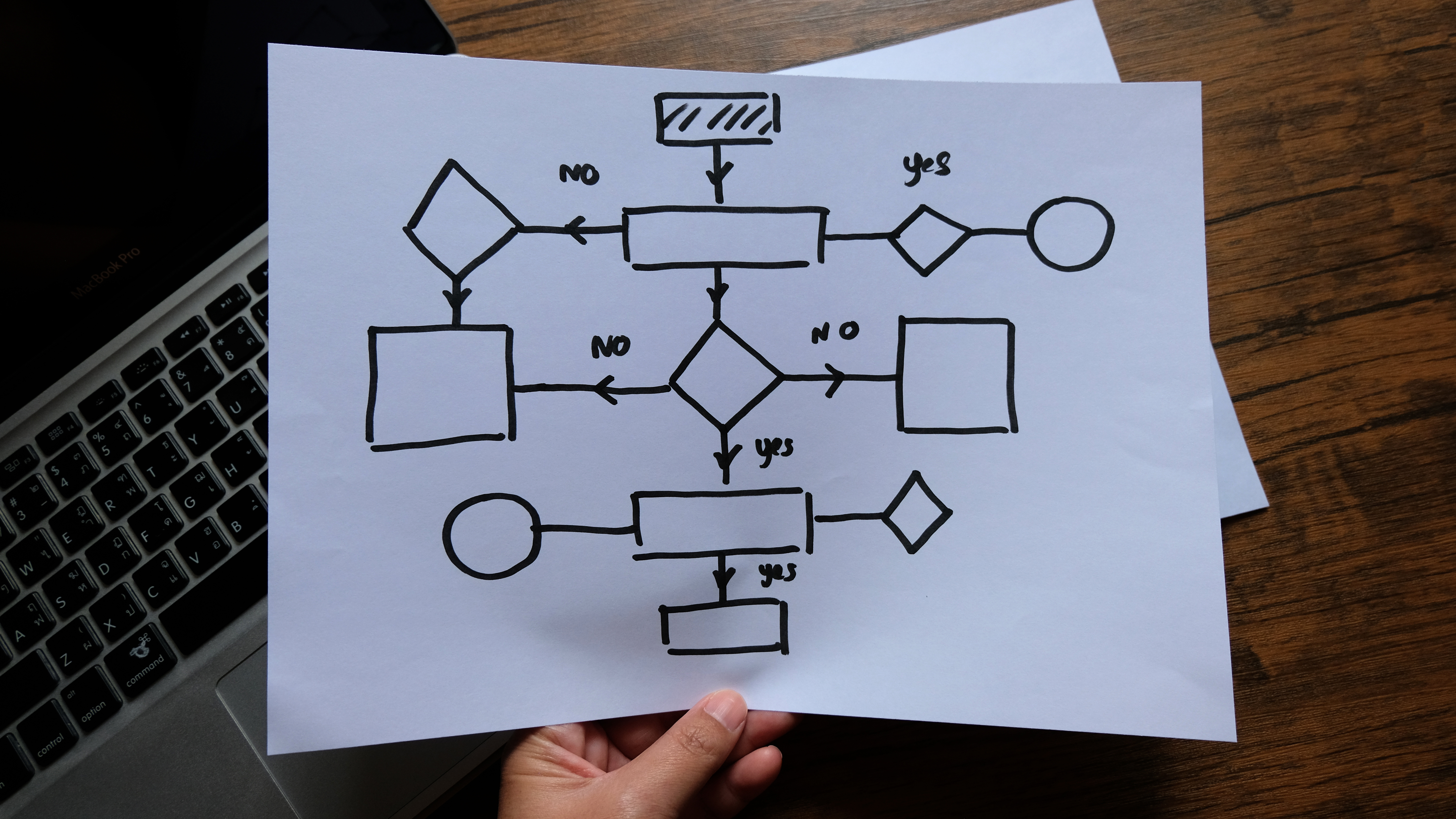The Automation Trends of 2025
Before I Had You, I Admired You—Now Automation Runs the Show!
Automation used to be a futuristic dream. Businesses admired it from afar, skeptical about its impact. Then, AI, robotics, and intelligent workflows took over, transforming industries overnight. Now, automation isn’t just an efficiency tool—it’s the backbone of digital transformation.
But here’s the question: are you keeping up, or are you already outdated?
This guide breaks down the latest automation trends in 2025, their real-world impact, and why staying ahead means survival.
What's Driving Automation in 2025
Automation isn’t just about reducing manual work anymore. The landscape is shifting towards hyper-automation, AI-driven decision-making, and seamless integrations across industries. The key drivers include:-
- AI & Machine Learning: Smarter decision-making, faster data processing, and adaptive learning systems.
- Process Automation (RPA & BPA): Eliminating repetitive tasks, streamlining workflows.
- Cloud & Edge Computing: Powering scalable automation for businesses.
- No-Code/Low-Code Platforms: Making automation accessible for non-tech users.
How Automation is Reshaping Industries
Business Operations: Efficiency or Job Killer?
One of the biggest debates around automation is efficiency vs. employment. While businesses thrive with automated workflows, employees fear job displacement.
The reality? Automation isn’t eliminating jobs—it’s redefining them.
Example: Instead of replacing human workers, automation in customer service is enhancing responses through AI chatbots, freeing up employees for strategic roles.
Manufacturing: Robots vs. Human Workforce
Smart factories are running on robotic automation, but human oversight remains crucial. The future is collaborative automation, where humans and AI-powered robots work together.
The Automation Relationship: Are We Addicted?
At first, businesses feared automation. Then, they embraced it. Now, they can’t live without it. But is it always a good thing? Let’s break it down.
The Good: Faster, Smarter, Better
- Reduced Costs: Less manual work, more efficiency.
- Scalability: Automate operations without increasing workforce.
- Data-Driven Decisions: AI-driven insights optimize business strategies.
The Bad: Over-Reliance & Ethical Dilemmas
- Job Anxiety: Employees fear being replaced.
- Bias in AI: Algorithms can inherit human biases.
- Security Risks: Automation systems are prime cyberattack targets.
Automation in 2025: What’s Next?
The Rise of Hyper-Automation
Businesses won’t just automate one task; they’ll automate entire ecosystems. AI, RPA, and analytics will work together to create fully autonomous workflows.
Self-Learning AI: No More Human Intervention
AI won’t just follow instructions—it will predict, adapt, and optimize without human input.
No-Code Automation: Empowering Everyone
Forget complex coding—drag-and-drop automation will dominate, allowing non-tech users to build automation workflows.
Final Thoughts: Are You In or Out?
2025 will be a defining year for automation. You can either embrace the trends and lead the change or fall behind. But here’s the truth automation isn’t forcing itself on you. You have the choice to adapt, experiment, and redefine how you work.
Are You Keeping Up with the Automation Wave?
Automation isn’t a trend—it’s the new standard. The question isn’t whether it will take over but how you’ll leverage it to stay ahead.
Are you going to chase automation, or will automation chase you? The choice is yours
So, what’s your move?
Discover Axtraction AI
FAQs About Automation Trends 2025
1. What industries will automation impact the most in 2025?
Sectors like banking, finance, manufacturing, and accounting will experience the biggest automation transformation.
2. Will automation replace human jobs entirely?
No, automation will redefine jobs rather than replace them. Humans will focus on strategic, creative, and problem-solving roles.
3. How can small businesses benefit from automation trends in 2025?
Small businesses can leverage no-code automation tools, AI-driven analytics, and smart CRM systems to optimize workflows and reduce costs.
4. What are the risks of relying too much on automation??
Over-reliance can lead to data security vulnerabilities, AI bias issues, and reduced human decision-making skills.
5. What’s the difference between RPA and AI in automation?
RPA (Robotic Process Automation) automates repetitive tasks, while AI-driven automation learns, adapts, and improves over time.
6. Is automation only for big corporations?
No! With the rise of affordable automation tools, even startups and freelancers can integrate automation into their workflows. Let discover Axtraction AI how to automation your department.


